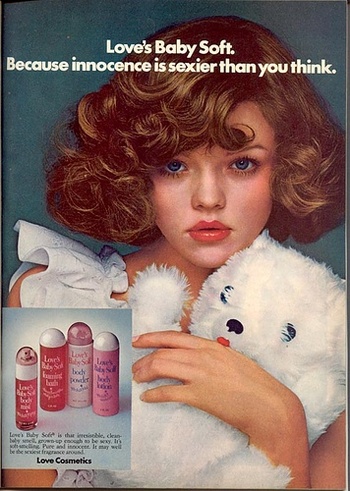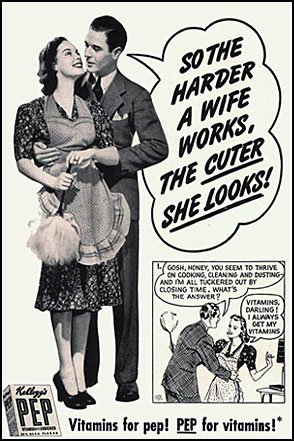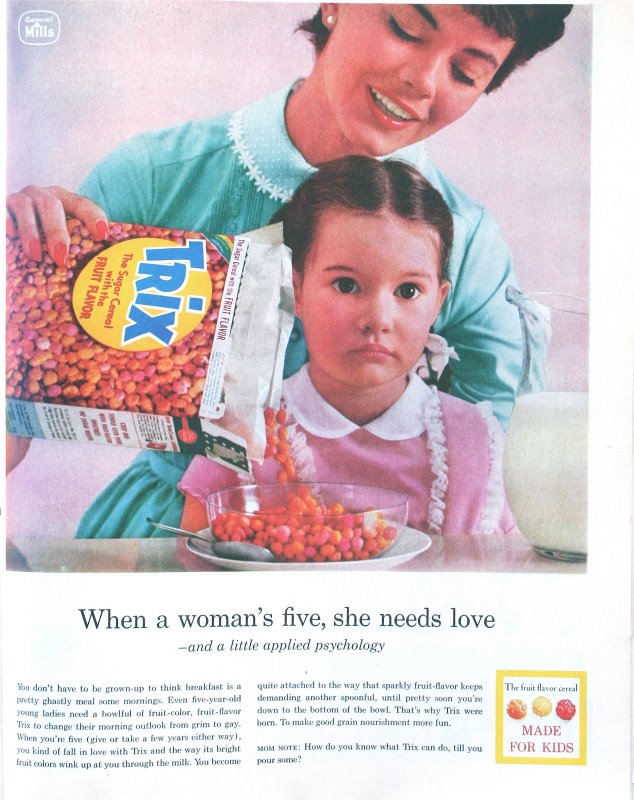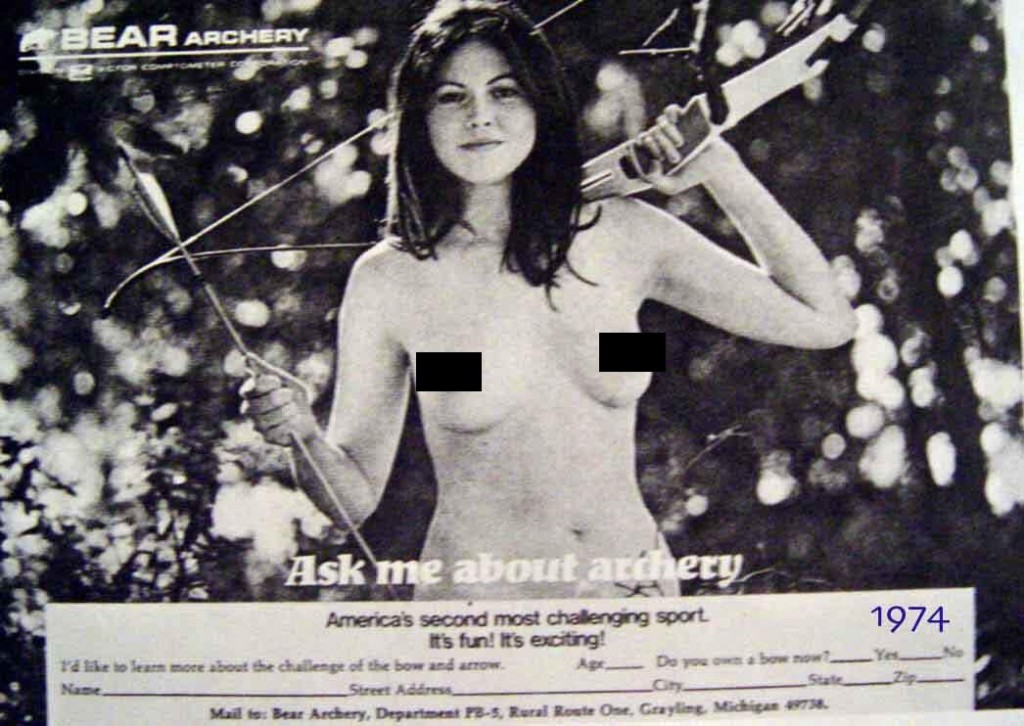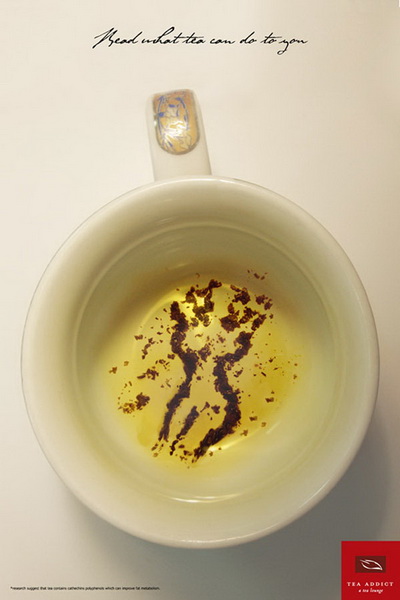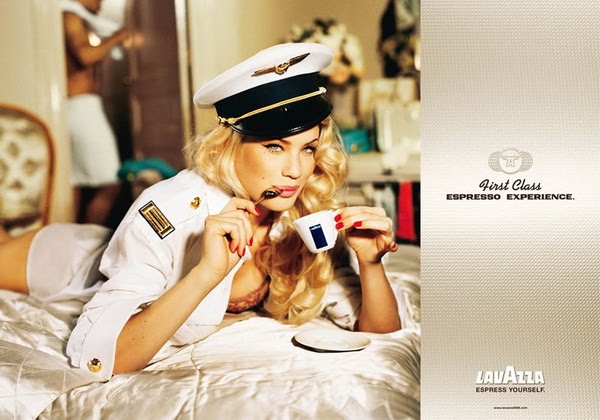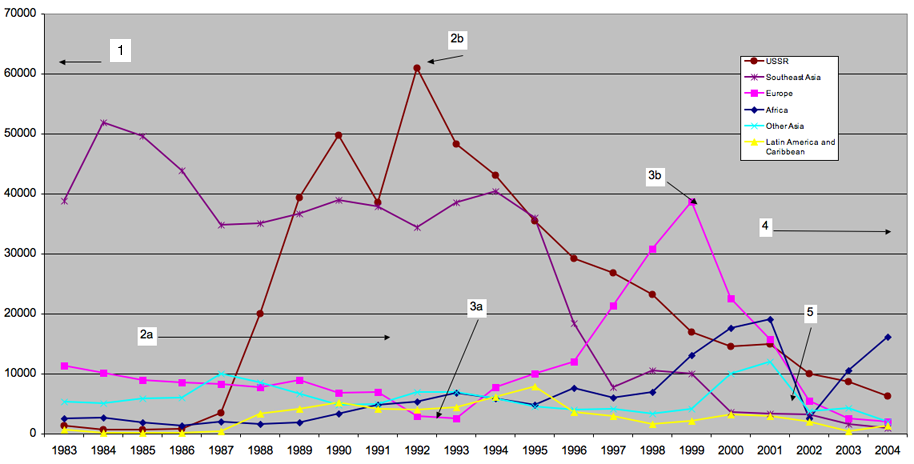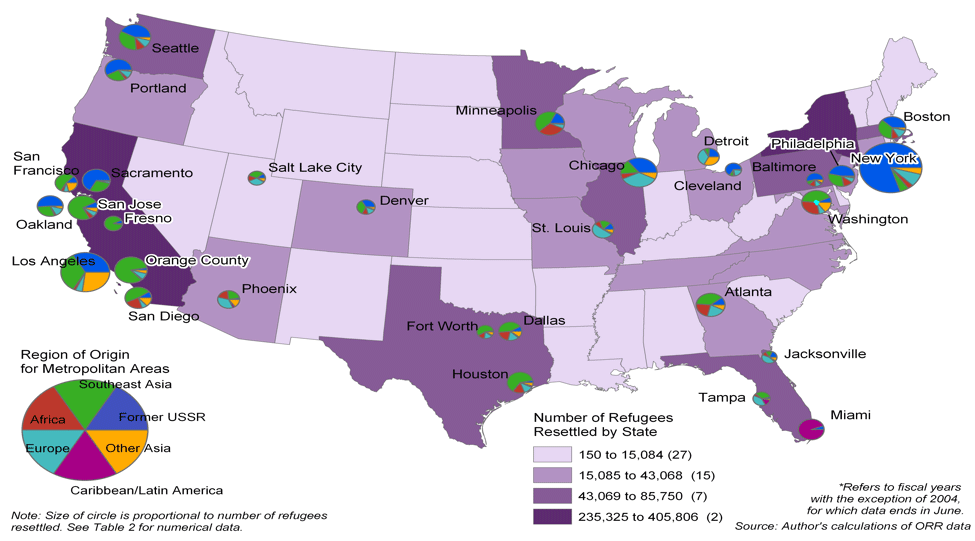This Halloween, in Maryland, sex offenders who had been released from prison were required to put this sticker in a front window (news story here).
I can’t say it better than Gwen, so I quote her from this post:
I find the intense stigmatization of child sexual abuse, compared to other crimes, fascinating. With other crimes, once you finish the terms of probation, you’re pretty much done with the criminal justice system. Only with sex crimes (and generally only if they were against children) is there a requirement that the ex-felon register with law enforcement every time s/he moves even once probation is over, sometimes for a certain number of years, sometimes forever, depending on the state. I mean, you don’t have to do this if you murder someone, or even lots of people (or even if the victims were kids). Our culture currently defines child sexual abusers as unique, particularly horrific criminal who can never really be rehabilitated or reintegrated into society.
I wonder, though, to what degree this law makes children safer. It seems like a false sense of security–if you just know who the convicted sex abusers in your neighborhood are, you can protect your kids. Yet most child sexual abuse is committed by people known to the child and his/her family, not a stranger who just moved in to the neighborhood, and very often they have no criminal record, so these types of programs would be useless.


